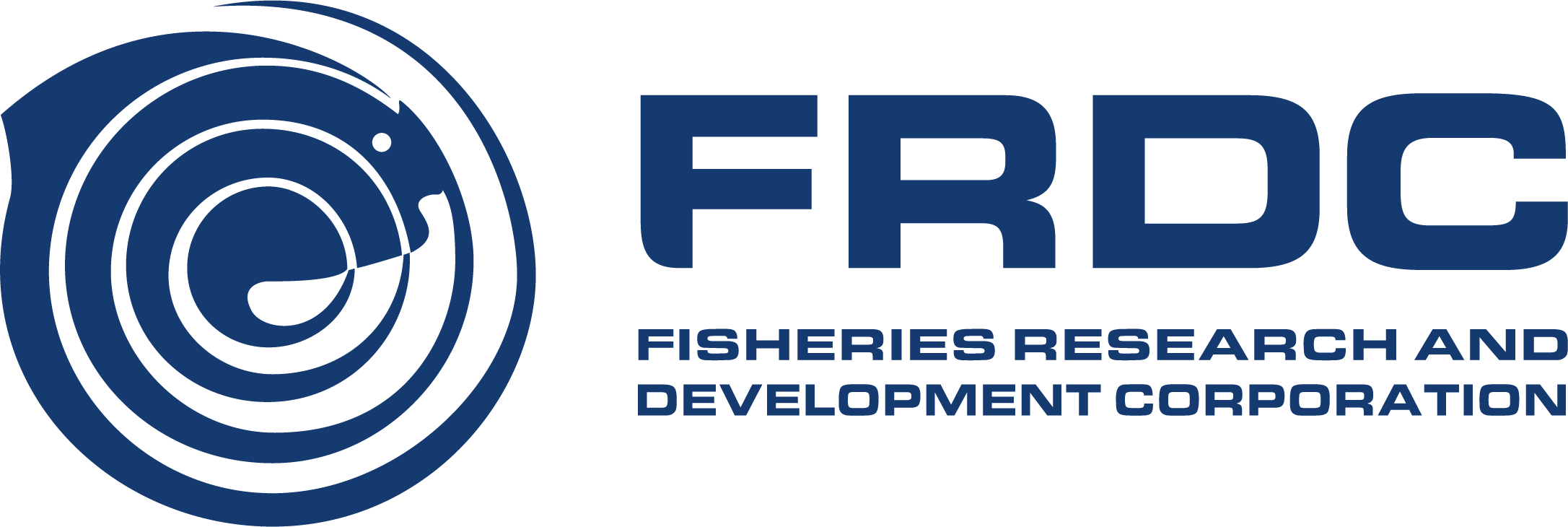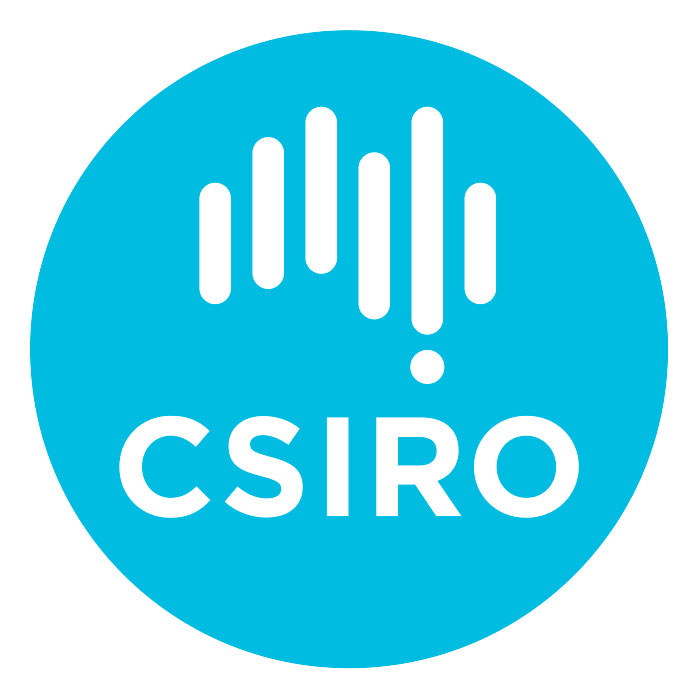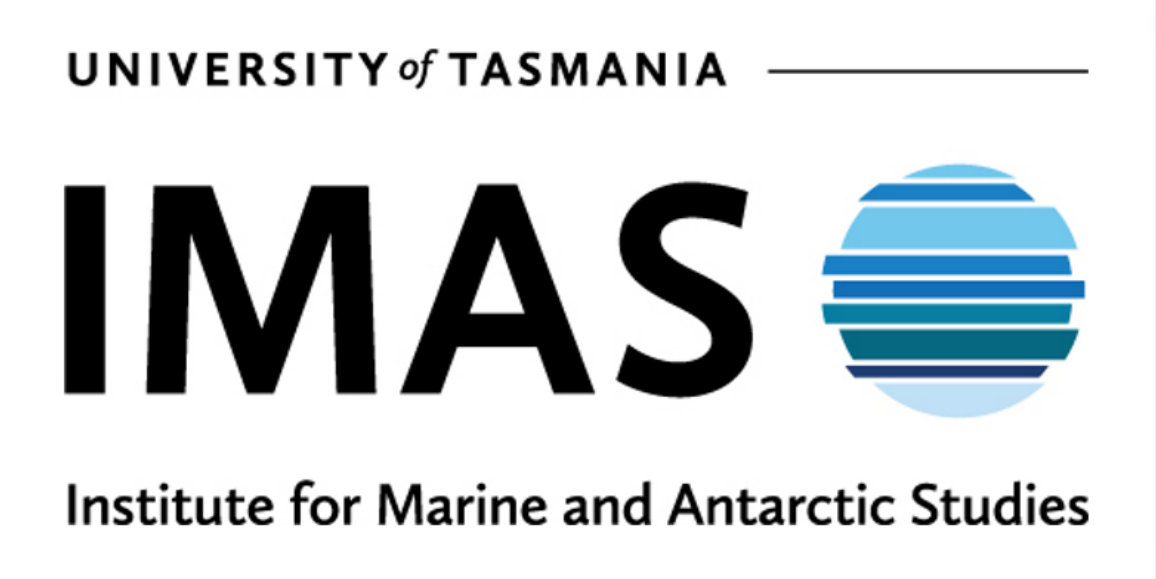Managing ecosystem interactions across differing environments: building flexibility and risk assurance into environmental management strategies (Jun 2022) – (PDF File 12.3 MB)
The overarching aim of this research was to provide an improved understanding of the environmental interactions of salmon farming and to provide recommendations to both government and industry on monitoring and management strategies that are appropriate to the level of risk associated with these interactions.
06/01/2022
THEMES / CATEGORIES
The Environment
TAGS
Modelling | monitoring | planning and management | reefs
Storm Bay Biogeochemical Modelling & Information System: Supporting sustainable aquaculture expansion in Tasmania
For the Tasmanian Salmon Industry to expand into new coastal and offshore areas it needs to demonstrate responsible stewardship and sustainable use of natural resources to maintain the support of Government agencies and the Tasmanian community.
21/04/2023
THEMES / CATEGORIES
The Environment
TAGS
environmental impact | Modelling | planning and management | storm bay | sustainability | Water Quality
Next generation decision support tools to support sustainable aquaculture in Storm Bay
To expand into new coastal and offshore areas, the Tasmanian Salmon Industry needs to maintain the support of State Government and the Tasmanian community by clearly demonstrating responsible stewardship and sustainable use of the marine environment.
21/04/2023
THEMES / CATEGORIES
The Environment
TAGS
environmental impact | Modelling | planning and management | storm bay | sustainability | Water Quality
Storm Bay Observing System: Assessing the Performance of Aquaculture Development
This research program is designed to provide a comprehensive overview of the potential interactions between salmon farming and the water column, soft-sediment, inshore reefs, deep reefs and seagrass habitats.
07/01/2020
THEMES / CATEGORIES
The Environment
TAGS
electronic monitoring | Modelling | monitoring | reefs | seaweed | sediments | storm bay | sustainability | Water Quality
Development of a hydrodynamic model to investigate near field and regional connectivity around Okehampton Bay
The study aims to satisfy the regulatory requirements of Environmental Licence 10172/2 from the Tasmanian EPA around Tassal’s use of Okehampton Bay for salmonoid aquaculture, particularly the possible fate of material released within Okehampton Bay into the receiving environment.
01/01/2021
THEMES / CATEGORIES
The Environment
TAGS
environmental impact | Modelling
TSGA IPA: Predicting marine currents, nutrients and plankton in the coastal waters of south eastern Tasmania in response to changing weather patterns.
The salmonid aquaculture industry is worth about $400 million to the Tasmanian economy and directly employs over 1200 people. This industry has plans to double production by 2030, which will require finding new localities for farms that are conducive to large scale production.
03/01/2016
THEMES / CATEGORIES
The Environment
TAGS
Modelling | nutrients | phytoplankton | planning and management | storm bay | Water Quality
Seasonal forecasting for decision support in marine fisheries and aquaculture
The production of marine protein from fishing and aquaculture is influenced by environmental conditions. Ocean temperature, for example, can change the growth rate of cultured animals, or the distribution of wild stocks.
04/01/2016
THEMES / CATEGORIES
The Environment
TAGS
climate change | Modelling | planning and management
Huon Estuary/D’Entrecasteaux Channel nutrient enrichment assessment: Establishing the potential effects of Huon Aquaculture Company P/L nitrogen inputs (Mar 2018) – (PDF File 9.8 MB)
Aquaculture, like most farming practices, has the potential to impact the environment through the introduction of nutrients; nitrogen (N) in particular can have an impact as it generally limits primary productivity of coastal marine systems.
03/01/2018
THEMES / CATEGORIES
The Environment
TAGS
d'entrecasteaux channel | environmental impact | huon estuary | Modelling | nutrients | planning and management
Investigation of broad scale implementation of integrated multitrophic aquaculture using a 3D model of an estuary.
A 3D ecosystem model was used to quantify changes in water quality brought about by salmon aquaculture in the D'Entrecasteaux Channel and Huon Estuary in southeast Tasmania.
08/01/2018
THEMES / CATEGORIES
The Environment
TAGS
d'entrecasteaux channel | huon estuary | Modelling | seaweed
Aquafin CRC – Atlantic Salmon Aquaculture Subprogram: a whole-of-ecosystem assessment of environmental issues for salmonid aquaculture
The salmonid aquaculture industry depends on a healthy and suitable marine environment to maintain production and profitability. Over recent years, the industry has faced a number of environmental challenges, including algal blooms, jellyfish swarms, warm waters and high salinities.
04/01/2009
THEMES / CATEGORIES
The Environment
TAGS
d'entrecasteaux channel | environmental impact | huon estuary | Modelling | monitoring | nutrients | phytoplankton | sediments | storm bay
Atlantic Salmon Aquaculture Subprogram: Forecasting ocean temperatures for salmon at the farm site.
Information about the future will be useful if decisions can be modified on the basis of that information. For a range of industries, environmental conditions can impact on business activities and hence profitability.
10/01/2011
THEMES / CATEGORIES
The Environment
TAGS
climate change | Modelling
Reducing socio-ecological conflict using social influence modelling
THEMES / CATEGORIES
Societal Interactions
TAGS
communication | Modelling | social licence
Managing ecosystem interactions across differing environments: building flexibility and risk assurance into environmental management strategies (Jun 2022) – (PDF File 12.3 MB)
The overarching aim of this research was to provide an improved understanding of the environmental interactions of salmon farming and to provide recommendations to both government and industry on monitoring and management strategies that are appropriate to the level of risk associated with these interactions.
06/01/2022
THEMES / CATEGORIES
The Environment
TAGS
Modelling | monitoring | planning and management | reefs
Storm Bay Biogeochemical Modelling & Information System: Supporting sustainable aquaculture expansion in Tasmania
For the Tasmanian Salmon Industry to expand into new coastal and offshore areas it needs to demonstrate responsible stewardship and sustainable use of natural resources to maintain the support of Government agencies and the Tasmanian community.
21/04/2023
THEMES / CATEGORIES
The Environment
TAGS
environmental impact | Modelling | planning and management | storm bay | sustainability | Water Quality
Next generation decision support tools to support sustainable aquaculture in Storm Bay
To expand into new coastal and offshore areas, the Tasmanian Salmon Industry needs to maintain the support of State Government and the Tasmanian community by clearly demonstrating responsible stewardship and sustainable use of the marine environment.
21/04/2023
THEMES / CATEGORIES
The Environment
TAGS
environmental impact | Modelling | planning and management | storm bay | sustainability | Water Quality
Storm Bay Observing System: Assessing the Performance of Aquaculture Development
This research program is designed to provide a comprehensive overview of the potential interactions between salmon farming and the water column, soft-sediment, inshore reefs, deep reefs and seagrass habitats.
07/01/2020
THEMES / CATEGORIES
The Environment
TAGS
electronic monitoring | Modelling | monitoring | reefs | seaweed | sediments | storm bay | sustainability | Water Quality
Development of a hydrodynamic model to investigate near field and regional connectivity around Okehampton Bay
The study aims to satisfy the regulatory requirements of Environmental Licence 10172/2 from the Tasmanian EPA around Tassal’s use of Okehampton Bay for salmonoid aquaculture, particularly the possible fate of material released within Okehampton Bay into the receiving environment.
01/01/2021
THEMES / CATEGORIES
The Environment
TAGS
environmental impact | Modelling
TSGA IPA: Predicting marine currents, nutrients and plankton in the coastal waters of south eastern Tasmania in response to changing weather patterns.
The salmonid aquaculture industry is worth about $400 million to the Tasmanian economy and directly employs over 1200 people. This industry has plans to double production by 2030, which will require finding new localities for farms that are conducive to large scale production.
03/01/2016
THEMES / CATEGORIES
The Environment
TAGS
Modelling | nutrients | phytoplankton | planning and management | storm bay | Water Quality
Seasonal forecasting for decision support in marine fisheries and aquaculture
The production of marine protein from fishing and aquaculture is influenced by environmental conditions. Ocean temperature, for example, can change the growth rate of cultured animals, or the distribution of wild stocks.
04/01/2016
THEMES / CATEGORIES
The Environment
TAGS
climate change | Modelling | planning and management
Huon Estuary/D’Entrecasteaux Channel nutrient enrichment assessment: Establishing the potential effects of Huon Aquaculture Company P/L nitrogen inputs (Mar 2018) – (PDF File 9.8 MB)
Aquaculture, like most farming practices, has the potential to impact the environment through the introduction of nutrients; nitrogen (N) in particular can have an impact as it generally limits primary productivity of coastal marine systems.
03/01/2018
THEMES / CATEGORIES
The Environment
TAGS
d'entrecasteaux channel | environmental impact | huon estuary | Modelling | nutrients | planning and management
Investigation of broad scale implementation of integrated multitrophic aquaculture using a 3D model of an estuary.
A 3D ecosystem model was used to quantify changes in water quality brought about by salmon aquaculture in the D'Entrecasteaux Channel and Huon Estuary in southeast Tasmania.
08/01/2018
THEMES / CATEGORIES
The Environment
TAGS
d'entrecasteaux channel | huon estuary | Modelling | seaweed
Aquafin CRC – Atlantic Salmon Aquaculture Subprogram: a whole-of-ecosystem assessment of environmental issues for salmonid aquaculture
The salmonid aquaculture industry depends on a healthy and suitable marine environment to maintain production and profitability. Over recent years, the industry has faced a number of environmental challenges, including algal blooms, jellyfish swarms, warm waters and high salinities.
04/01/2009
THEMES / CATEGORIES
The Environment
TAGS
d'entrecasteaux channel | environmental impact | huon estuary | Modelling | monitoring | nutrients | phytoplankton | sediments | storm bay
Atlantic Salmon Aquaculture Subprogram: Forecasting ocean temperatures for salmon at the farm site.
Information about the future will be useful if decisions can be modified on the basis of that information. For a range of industries, environmental conditions can impact on business activities and hence profitability.
10/01/2011
THEMES / CATEGORIES
The Environment
TAGS
climate change | Modelling




